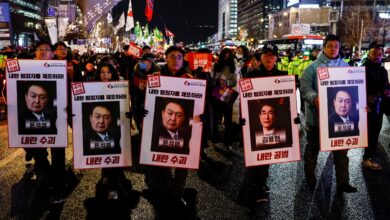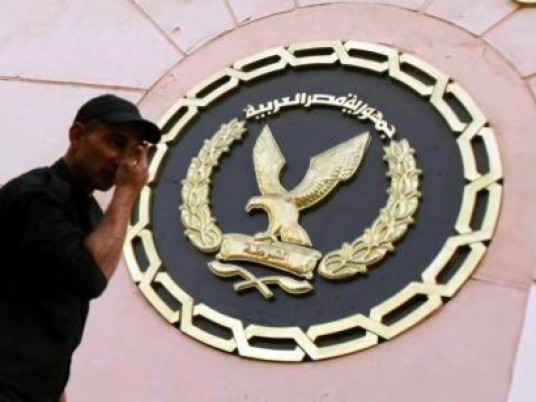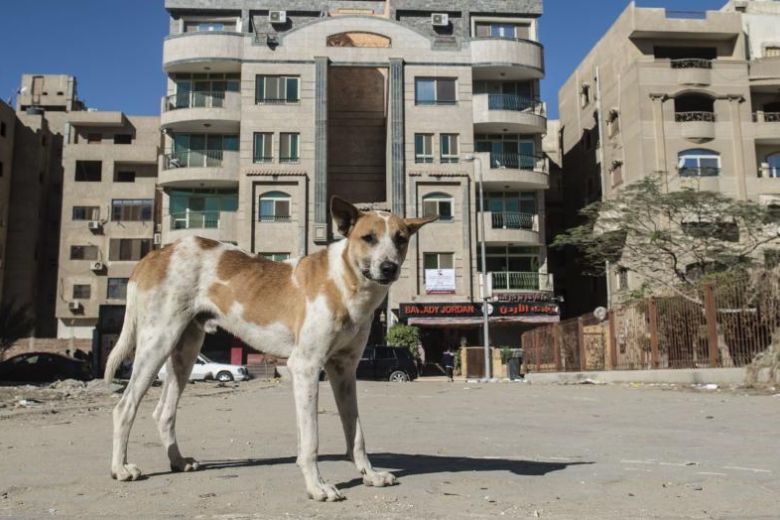A leading human rights activist has called for an immediate investigation of reports that guards deliberately killed dozens of inmates at an Egyptian prison during the chaotic first days of Egypt's uprising.
At least 65 prisoners are believed to have been killed at al-Qatta Prison on the outskirts of Cairo, said human rights campaigner Hossam Bahgat, citing testimony by inmates and their relatives.
Thousands of prisoners across Egypt are believed to have escaped or been set free shortly after the revolt against longtime President Hosni Mubarak erupted 25 January. Bahgat said he and other activists are still trying to piece together what happened at the prisons.
The unrest at al-Qatta broke out three days after the start of the uprising, when some prisoners attempted to escape and guards responded with force, Bahgat told reporters Thursday.
He said guards climbed onto watchtowers and started shooting live rounds "in an attempt to kill as many people as possible, and not in an attempt to deter the chaos, as regulated by the prison law."
Following the initial violence, during which a senior officer was killed, "there were three days in which inmates were executed in retaliation, it seems," according to Bahgat, the head of an Egyptian human rights group.
Water and electricity at the prison were cut off for a week, he said.
Bahgat said he filed a complaint with the public prosecutor seeking an immediate investigation into the allegations. The prosecutor's office could not immediately be reached for comment.
An Egyptian blogger, Wael Abbas, posted recordings of what he said were several phone interviews with inmates and their relatives. Abbas told the Associated Press that the inmates spoke to him from cell phones that had been smuggled into the prison.
In one audio recording, a woman only identified as the wife of a prisoner said that guards entered the cells and opened fire. The woman said that bodies were collected by the guards and left near the prison fence.
She said those trying to reach the water tank in the prison yard risked getting shot.
"Three prisoners went to get water. They were hit with fire from the towers. Two were shot dead and were left on the ground, and one was injured in the waist," the woman is heard as telling Abbas. "They (the prisoner) live in horror."
In a separate development, New York-based Human Rights Watch said at least 119 people involved in the protests, including human rights activists, had been arbitrarily detained by Egyptian troops after the military deployed in towns and cities on 28 January.
Many have since been released, including 62 Egyptian and foreign journalists, the group said.
Human Rights Watch said it has documented cases of five detainees who were mistreated in detention, including with beatings and electric shocks. One of those since released told the advocacy group that he was tortured with electric shocks three times over two days, and was whipped with an electric cable. The detainee's name was not given.




